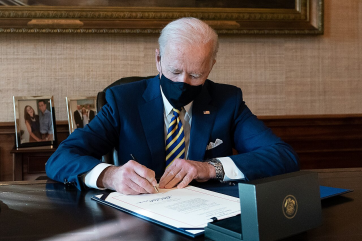New research suggests teens who view medical marijuana ads are more likely to use the drug.
Researchers found that youth who saw advertising for medical marijuana were twice as likely as peers who reported never seeing an ad to use marijuana or plant the substance. They also reported higher intentions to use the drug in the future.
"As prohibitions on marijuana ease and sales of marijuana become more visible, it's important to think about how we need to change the way we talk to young people about the risks posed by the drug," Elizabeth D'Amico, lead author of the study and a senior behavioral scientist at RAND, a nonprofit research organization, said in a statement. "The lessons we have learned from alcohol -- a substance that is legal, but not necessarily safe -- may provide guidance about approaches we need to take toward marijuana."
For the study, researchers collected data from more than 8,000 Southern California middle school students. The students were asked each year about exposure to medical marijuana advertising, marijuana use and their intentions about whether to use marijuana in the future.
During the first survey, 22 percent of the students reported seeing at least one advertisement for medical marijuana over the past three months and the rate jumped to 30 percent the following year.
Based on their findings, researchers concluded that seeing advertisements for medical marijuana was related to middle school adolescents' intentions to use marijuana and their actual marijuana use one year later. Researchers say this is particularly important given that the mean age of adolescents surveyed was 13 and initiation of marijuana use during early adolescence is associated with poor school performance, neuropsychological performance deficits and further use of other illicit drugs, such as heroin and cocaine.
The study could not say whether adolescents who were predisposed to use marijuana paid more attention to marijuana advertising or whether the advertising may have influenced adolescents' attitudes toward the drug.
"Given that advertising typically tells only one side of the story, prevention efforts must begin to better educate youth about how medical marijuana is used, while also emphasizing the negative effects that marijuana can have on the brain and performance," D'Amico said.
The findings are detailed in the journal Psychology of Addictive Behaviors.








